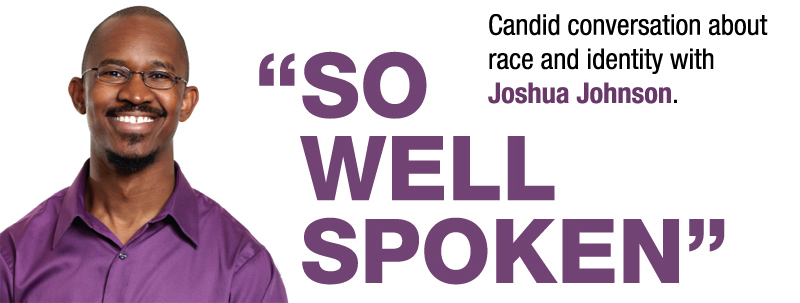The Year We Obsessed Over Identity
The New York Times
2015-10-06
Wesley Morris, Critic at Large
2015’s headlines and cultural events have confronted us with the malleability of racial, gender, sexual and reputational lines. Who do we think we are?
A few weeks ago, I sat in a movie theater and grinned. Anne Hathaway was in ‘‘The Intern,’’ perched on a hotel bed in a hotel robe, eating from a can of overpriced nuts, having tea and freaking out. What would happen if she divorced her sweet, selfless stay-at-home dad of a husband? Would she ever meet anybody else? And if she didn’t, she would have no one to be buried next to — she’d be single for all eternity. And weren’t the problems in her marriage a direct result of her being a successful businesswoman — she was there but never quite present? ‘‘The Intern’’ is a Nancy Meyers movie, and these sorts of cute career-woman meltdowns are the Eddie Van Halen guitar solos of her romantic comedies.
But what’s funny about that scene — what had me grinning — is the response of the person across the bed from Hathaway. After listening to her tearful rant, this person has had enough: Don’t you dare blame yourself or your career! Actually, the interruption begins, ‘‘I hate to be the feminist, of the two of us. … ’’ Hate to be because the person on the other side of the bed isn’t Judy Greer or Brie Larson. It’s not Meryl Streep or Susan Sarandon. It’s someone not far from the last person who comes to mind when you think ‘‘soul-baring bestie.’’ It’s Robert freaking De Niro, portrayer of psychos, savages and grouches no more.
On that bed with Hathaway, as her 70-year-old intern, he’s not Travis Bickle or the human wall of intolerance from those Focker movies. He’s Lena Dunham. The attentiveness and stern feminism coming out of his mouth are where the comedy is. And while it’s perfectly obvious what Meyers is doing to De Niro — girlfriending him — that doesn’t make the overhaul any less effective. The whole movie is about the subtle and obvious ways in which men have been overly sensitized and women made self-estranged through breadwinning. It’s both a plaint against the present and a pining for the past, but also an acceptance that we are where we are…
…In June, the story of a woman named Rachel Dolezal began its viral spread through the news. She had recently been appointed president of the local chapter of the N.A.A.C.P. in Spokane, Wash. She had been married to a black man, had two black sons and was, by most accounts, a black woman. Her white biological parents begged to differ. The ensuing scandal resurrected questions about the nature of identity — what compelled Dolezal to darken her skin, perm her hair and pass in reverse? She might not have been biologically black, but she seemed well past feeling spiritually white.
Some people called her ‘‘transracial.’’ Others found insult in her masquerade, particularly when the country’s attention was being drawn, day after day, to how dangerous it can be to have black skin. The identities of the black men and women killed by white police officers and civilians, under an assortment of violent circumstances, remain fixed.
But there was something oddly compelling about Dolezal, too. She represented — dementedly but also earnestly — a longing to transcend our historical past and racialized present. This is a country founded on independence and yet comfortable with racial domination, a country that has forever been trying to legislate the lines between whiteness and nonwhiteness, between borrowing and genocidal theft. We’ve wanted to think we’re better than a history we can’t seem to stop repeating. Dolezal’s unwavering certainty that she was black was a measure of how seriously she believed in integration: It was as if she had arrived in a future that hadn’t yet caught up to her…
Read the entire article here.




